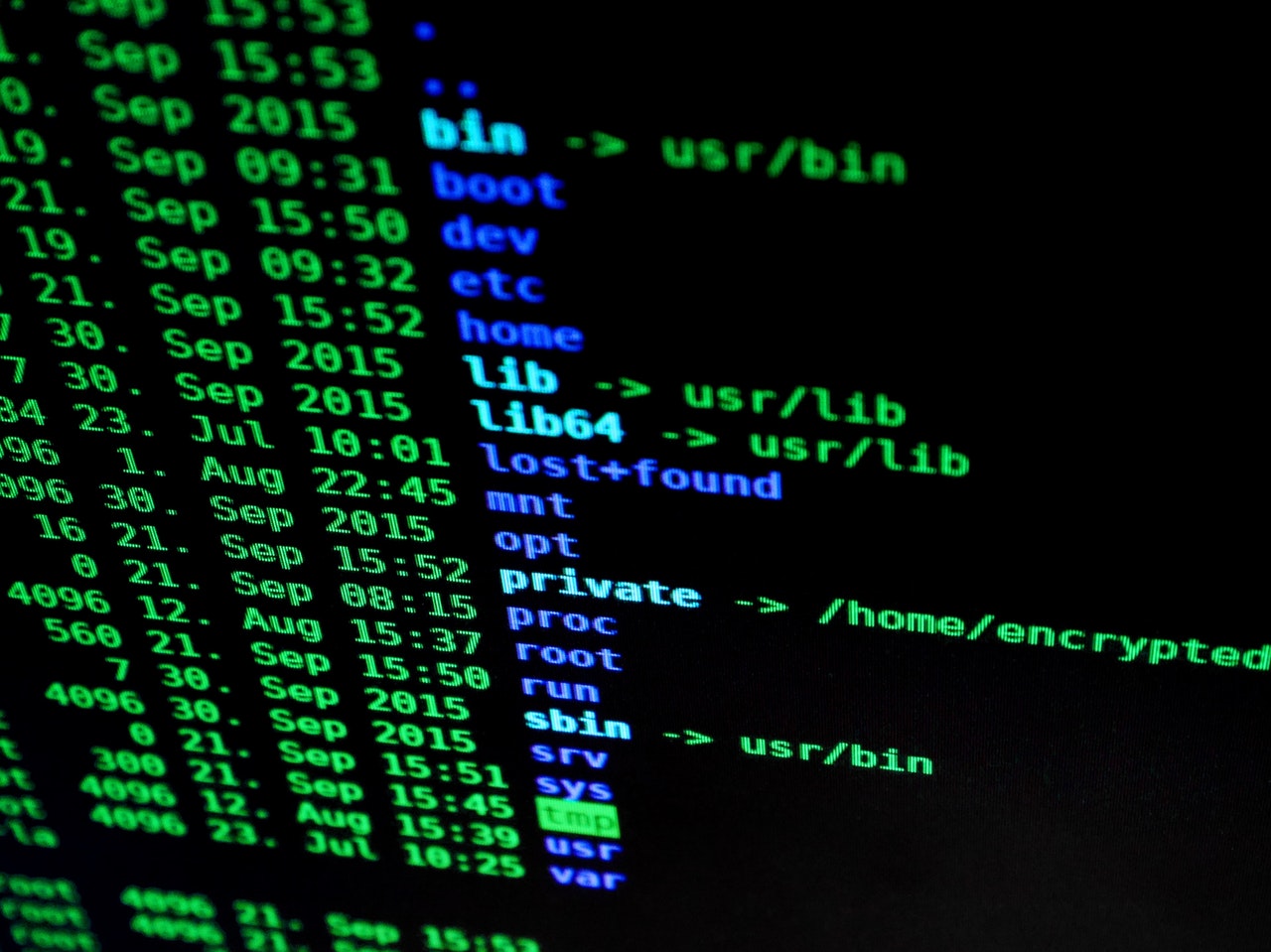
After WhatsApp Blocking, Users Turn to Private Network Connections to Exchange Messages Through the App
s soon as the São Paulo court ordered WhatsApp to be blocked for 48 hours across the country, applications that offer connection via VPN – Virtual Private Networks – began to be pointed as an alternative for users to resume the network. use of the messaging service.
To get WhatsApp to send and receive messages again, these apps use a private network, through a third party service, to make the connection between the end user and the app’s server. That is, the data goes through a kind of “tunnel” that emulates another source address, camouflaging the true identity of the accessor. As soon as a user starts using VPN applications, all data that is sent from their smartphone or mobile phone, such as Google searches and messaging, becomes available to a third party who makes this connection.
For Fábio Ramos, partner of Axur, a company specialized in internet security, caution is required when entrusting personal information to these services. If you want to use private connection technology, the tip is not to leave it on all the time, and only to use it for specific uses.
– There is no free lunch. If you are not paying for the service, that is why the service is you. By using a VPN app, you can be sure that something of value can be delivered in this exchange – he says.
VPN technologies are used, for example, by anyone who wants to access the US Netflix archive, which is only available to residents of the country. It is also quite common for companies that need to provide remote internal network access to their employees and universities, for students who want to access articles and journals outside the institution’s environment, for example.
For Francisco Brito Cruz, lawyer and director of the InternetLab research institute, the use of VPN applications does not infringe Brazilian law.
– The court decision of the block was for the operators and not for the user, who can do whatever you want. There is no Brazilian law prohibiting the use of VPN – explains.
Although not breaking the law of the country, Fabio explains that the use of an emulator may go against the terms of service of the services themselves.
– In terms of legality, there is nothing wrong with the VPN technology itself, but from the moment you start using an emulation of the source address, you may be breaking the rules of the services themselves. WhatsApp policy very clearly says that anyone using applications to emulate other IP addresses can be kicked out, ”says Fábio Ramos of Axur.






